an appeal to feel
I’m 36 minutes into an Instagram scrolling session I didn’t plan for, shouting into a digital abyss at a tiny network of people that aren’t really the problem.
You see there’s a genocide happening in Gaza that some people still can’t bring themselves to name. One that mainstream media either underreports or completely misrepresents. It’s being broadcast to me by citizens on the ground and I am unable to look away: one, because this app and its content have been engineered to ensure I don’t, and two, because it feels like the very least I can do to overcome my discomfort and bear witness to this reality.
I’ve done the things within my power – donate, call my MP, and post about it. And post about it. And post about it. But these are quiet efforts that don’t seem to move the needle and leave me feeling humbled and humiliated in my smallness. I’ve also been sitting with this sharp sadness and rage that people can just scroll past videos of mothers clutching their children - maimed by bombs or starved by the intentional withholding of aid - and say nothing.
What I realized today is that both by choice and by chance, some people don’t see the systemic level harm here. They haven’t had good education on the long-standing patterns of oppression playing out in Palestine but also Sudan, the Democratic Republic of Congo, the U.S., et cetera.
But in excavating my self-righteousness, I’m remembering that there was a time I, too, didn’t see this systemic level harm: both by chance and by choice.
By chance, I was born in Canada. In grade school, I was taught a fabricated account of my country’s founding and its welcoming and inclusive identity, only to learn later in life about Canada’s intentional and gruesome erasure of Indigenous people (aka, this country’s rightful owners). My early education positioned me to believe that if an Indigenous person had issues, it was a *them* problem. Coincidentally, I internalized the same about myself and everyone else: if there’s a problem, the blame lies with the individual – as does the solution.
As a result of my privilege, I’ve had many choices about how I spend my time. By choice, I didn’t know much about marginalized people in my city until I took a job at a non-profit in my late 20s. Until then, I was insulated from their needs and struggles. After that, I was viscerally aware that the problems they faced were larger than their circumstances. Issues created for them by people in positions of power deciding who gets what and when and leaving so many people out of the equation intentionally. Once you see it, you can’t unsee it.
To paraphrase the author and spiritual mentor Hari-kirtana das, “we aren’t convinced by fact. Fact doesn’t change our actions. Only feelings can do that.” So I’m not going to bombard you with facts about what Palestinians are facing. The Internet is a big place - you can find that yourself. Instead, I hope to appeal to that human part of you that knows suffering and ask you to imagine what it must feel like to experience life in their shoes.
To this you might say, you don’t know what I suffer. I have enough.
And to that I would say: then be comforted in learning how similar your struggle is to someone else’s. Be emboldened in your awareness about how undeniably interconnected we are in our needs and our desperation to be safe. To have hope in futures where our children can play and dream and fucking survive.
There is a weaponizing of empathy these days. A sense that our feelings of wanting to be kind and good and caring might cloud our judgement. But to quote Bishop Mariann Budde:
Empathy is a kind of identification that is human to human. Empathy was a key part of human evolution: not only to have the survival of the fittest, but we have to work together in kinship and family.. we have to have affection and care for each other… those are qualities that don’t necessarily make you the king of the jungle but it might mean that your community will survive.
We are not safer when we double down in our turning away from the world. The kind of resilience we need right now is relational (thanks for this lesson Katie Kurtz). The more we feel, the better we become.
This is my appeal to ask you to sit with your sharp sadness or lack thereof. To sit with what’s sitting just below the surface of your too-busy life. If we can tolerate the distress, we can care for each other better: and that’s where I hope we’ll end up.
None of us are free until all of us are free.
